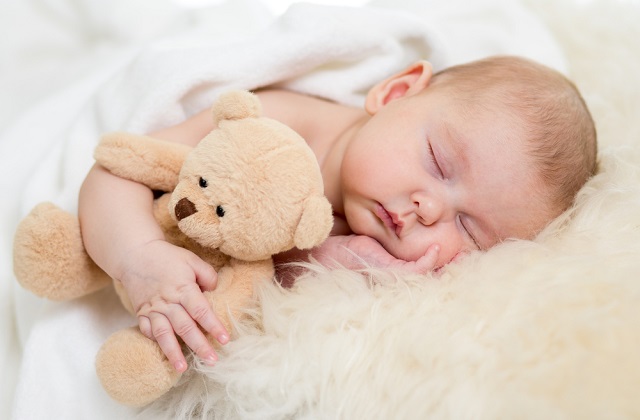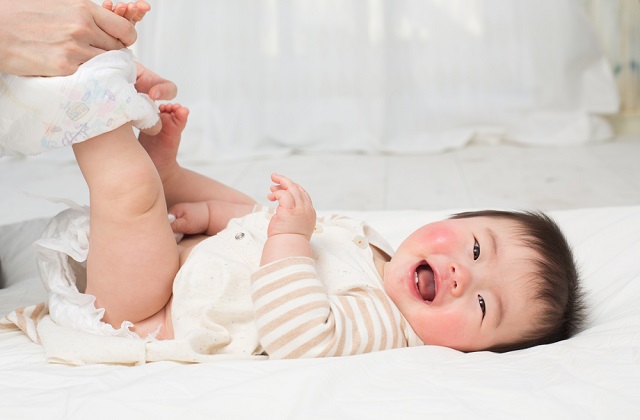Effective Ways to Help Your Baby Fall Asleep Quickly
1. Establish a Consistent Bedtime Routine
A predictable routine helps signal to your baby that it's time for bed. Consider including the following elements:
- Warm Bath: A warm bath can relax your baby's muscles and prepare them for sleep.
- Gentle Massage: A light massage with baby-friendly lotion can provide comfort and promote relaxation.
- Storytime or Lullabies: Soft-spoken stories or soothing lullabies create a calming atmosphere.
- Dim the Lights: Lowering the lights helps set the sleep environment.
- Quiet Time: Reduce stimulation by avoiding loud noises or screen exposure before bed.
2. Create a Comfortable Sleep Environment
A well-prepared sleep setting can make falling asleep easier. Ensure the following:
- Right Room Temperature: Keep the room between 23°C to 25°C for optimal comfort.
- White Noise or Soft Sounds: White noise machines or soft music can drown out disruptive sounds and create a soothing atmosphere.
- Comfortable Sleepwear: Dress your baby in breathable, comfortable sleepwear suitable for the room temperature.
- Dark and Quiet Room: Use blackout curtains and keep the room dark to enhance melatonin production, the sleep hormone.
3. Use Effective Soothing Techniques
Different babies respond to different soothing methods. Some effective strategies include:
- Swaddling: Wrapping your baby snugly in a swaddle can provide a sense of security.
- Rocking or Gentle Swaying: Rocking your baby in your arms, a rocking chair, or a baby swing can mimic the movement they felt in the womb.
- Pacifier: Some babies find comfort in sucking, so a pacifier may help them drift off to sleep.
- Rhythmic Patting: Gently patting your baby's back or chest in a rhythmic manner can be soothing.
- Skin-to-Skin Contact: Holding your baby close can regulate their breathing and provide comfort.
4. Follow Sleep Cues and Avoid Overtiredness
Recognizing sleep cues can prevent overtiredness, which makes it harder for babies to fall asleep. Common signs include:
- Yawning
- Rubbing eyes
- Fussiness
- Decreased activity
- Glazed or unfocused stare
If you notice these signs, begin the bedtime routine promptly.
5. Avoid Overstimulation Before Bedtime
Keep activities calm and quiet before bedtime. Avoid playing active games, bright screens, or loud noises that might keep your baby alert and make it harder for them to settle.
6. Try the ‘Drowsy but Awake' Method
Rather than waiting for your baby to be fully asleep before putting them in the crib, try laying them down when they're drowsy but still awake. This helps them learn to self-soothe and fall asleep independently.
7. Be Patient and Consistent
Babies take time to adjust to a sleep routine, so be consistent with your approach. If they wake up in the middle of the night, use the same soothing techniques to help them settle back to sleep.
By incorporating these strategies, you can help your baby fall asleep faster and establish healthy sleep habits. Each baby is unique, so experiment with different techniques to find what works best for your little one.
It takes a village to raise a child !
Join our WhatsApp Parenting Chat Groups By Area in Singapore.









